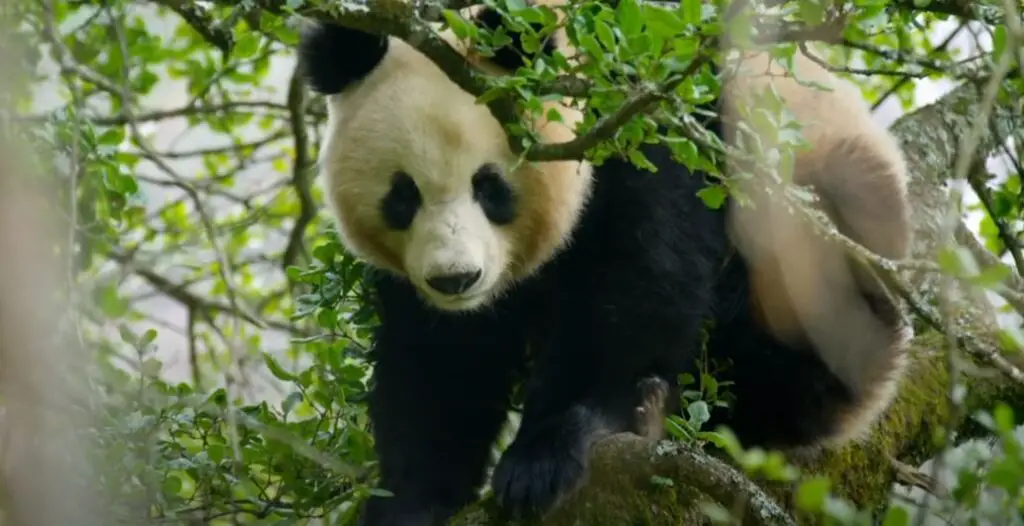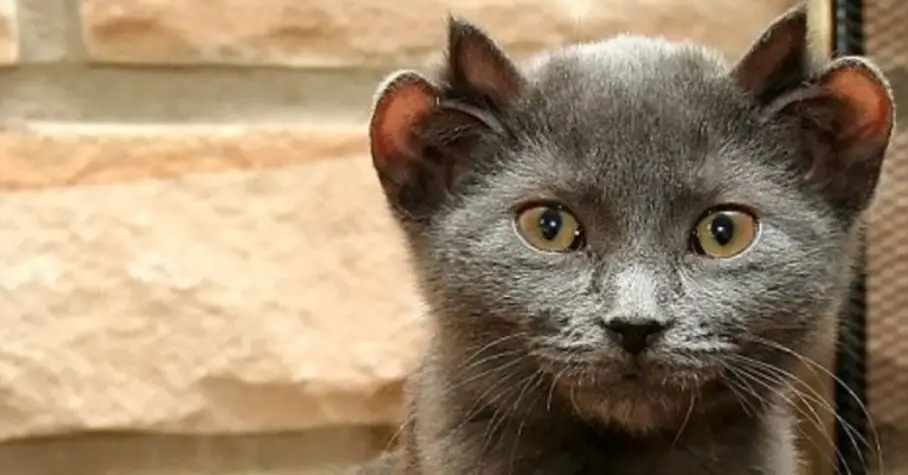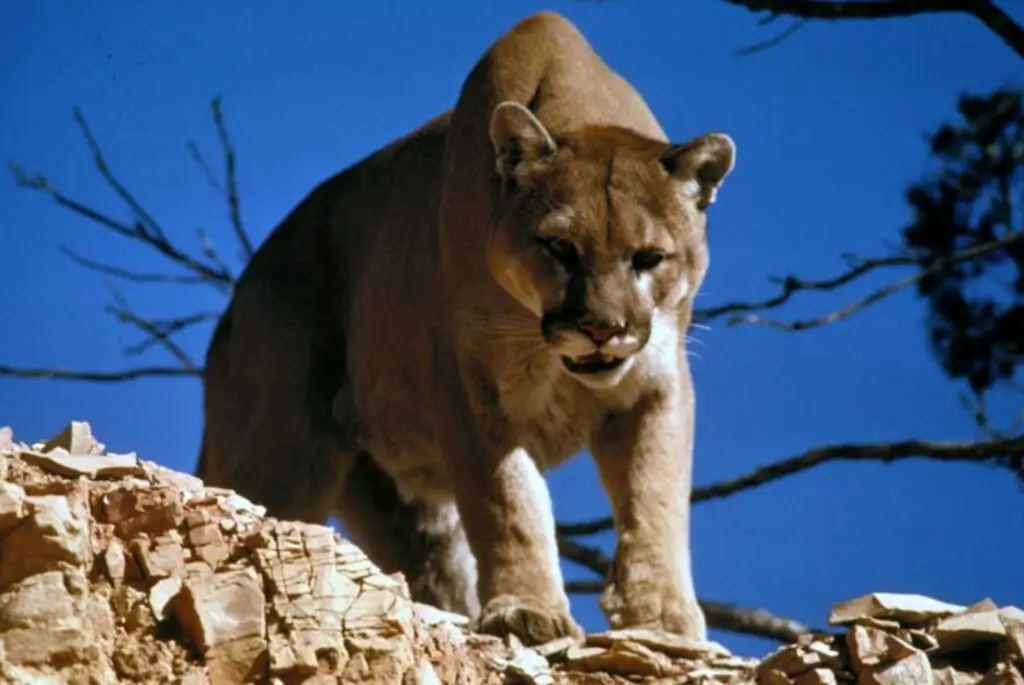Pandas are infamous for being kept and mating in captivity. They’ve been finally filmed on camera breeding for the first time in China, in the foggy forests of the amazing Qinling Mountains. This is something that allows researchers to have a deeper insight into why they have this characteristic.
The Chinese pair Yuanqi Wu and Jacky Poon who are filmmakers, lived in Qinling Mountains for three years together with scientists and keepers of the forest, in order to document the aggressiveness of giant pandas. They were lucky enough to film this very rare act of pandas mating. One female finally lost in the fight with two males after weeks of continual courtship and hard battle. The courtship consisted of roaring, growling, wrestling, and scent-marking which probably stimulated the females’ ovulation.
It is impossible to replicate this very rare act outside the wilderness. It happened in a zoo in Hong Kong too, where earlier this year, two pandas finally succeed to breed after a whole decade of trying.
We know pandas as very cute animals that like to cuddle and play. But we didn’t know that wild giant pandas can be so aggressive and solitary. It seems like only during mating season they are looking for a company. Otherwise, they prefer living alone.
Pandas are animals that live in one area, eating bamboo and living solitarily. Poon says that the behavior that she was surprised the most was the long way they travel for finding the right mate during the mating season. Sometimes they can pass a lot of kilometers in only one day.
Giant pandas eat only bamboo leaves and shoots. Bamboo doesn’t have high nutritional value, so they must eat almost 40 kilograms of bamboo shoots per day in order to have the energy they need. These species are considered to be in danger of extinction as it is estimated that there are no more than 1,000 adults in the wild. Some researchers say that there are around 2,000 pandas that can be found. Anyway, this number is still a problem, the species are in big trouble and at risk of extinction.








